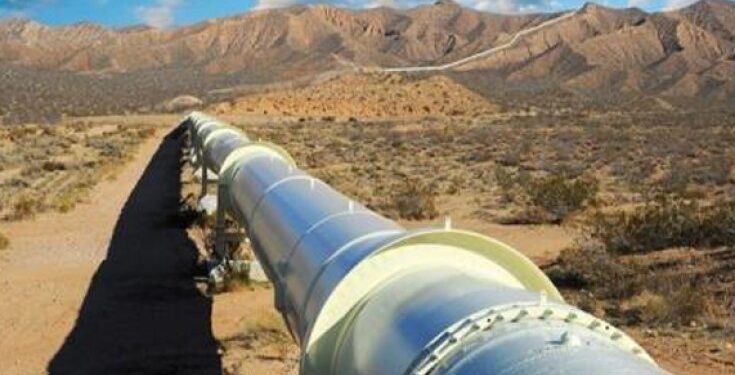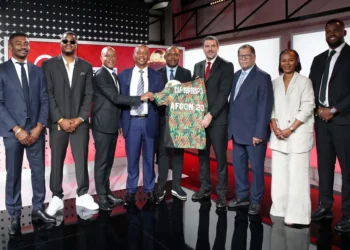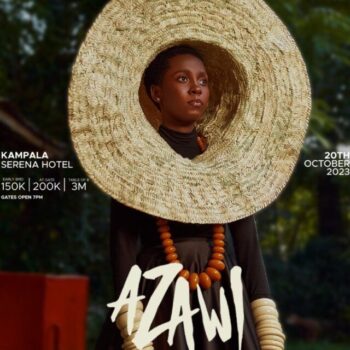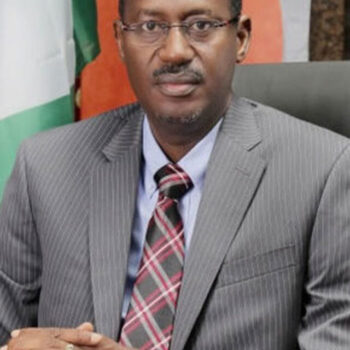KAMPALA, UGANDA | NOW THEN DIGITAL — China has stepped in to provide financial support for Uganda’s oil pipeline project after Western lenders withdrew due to concerns raised by environmental groups.
The Chinese lenders, including the China Export & Credit Insurance Corporation (Sinosure) and the Export-Import Bank of China (Eximbank), are expected to contribute more than half of the required $3 billion debt for the construction of the East African Crude Oil Pipeline (EACOP).
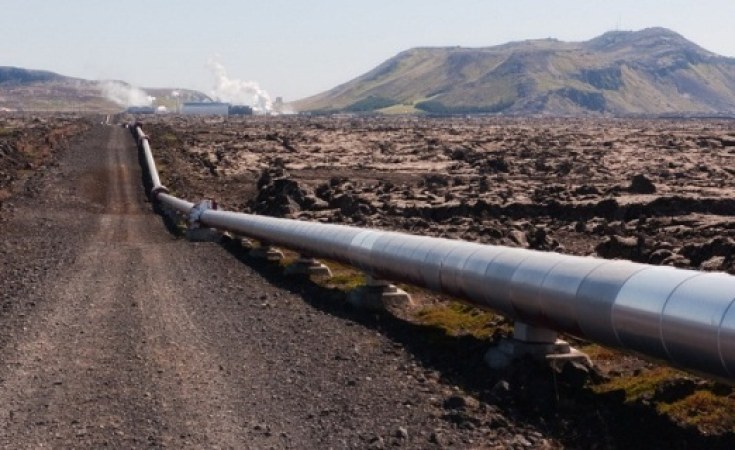
Irene Bateebe, the permanent secretary of Uganda’s Ministry of Energy and Mineral Development, stated that Sinosure and Eximbank are working together to secure funding for the pipeline, which accounts for over 50% of the total debt.
“We are at the tail-end of the discussions [with Chinese lenders] for financial close. We are confident that by the end of October of this year, we will close the debt component and we would have mobilised most of the funding for the project,” Bateebe said.
The discussions with Chinese lenders are nearing completion, and it is anticipated that the debt component will be finalized by the end of October, with most of the project funding mobilized. The pipeline, spanning 1,443km (896 miles), will transport crude oil from Uganda’s Lake Albert oilfields to the Tanzanian port of Tanga, where it will be sold to global markets.
The financing structure involves a 60:40 debt-to-equity ratio, with $3 billion secured as debt and the remaining $2 billion financed through equity contributions from shareholders, including TotalEnergies, the Uganda National Oil Company, the Tanzania Petroleum Development Corporation, and the China National Offshore Oil Corporation (CNOOC).
The pipeline, spanning 1,443km (896 miles), will transport crude oil from Uganda’s Lake Albert oilfields to Tanga in Tanzania, where it will be sold to global markets.
In addition to the Chinese lenders, Uganda expects to receive funding from Saudi Arabia’s Islamic Development Bank and several African banks, including the African Export-Import Bank.
Bateebe mentioned that initially, Western-backed lenders expressed interest in financing the project but withdrew due to strong opposition from environmental and human rights groups.
“We did see some Western banks withdrawing from supporting the project but we always say look at your other friend. We had other friends who were willing to come on board. We became East-looking,” she added.


